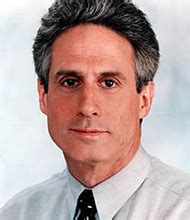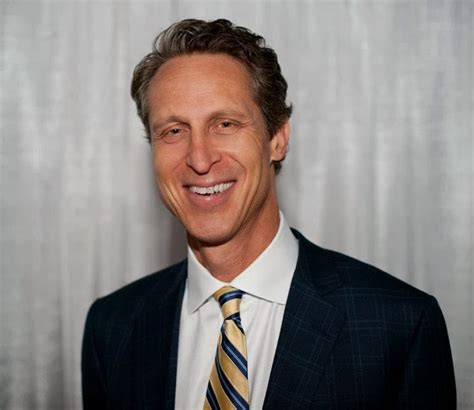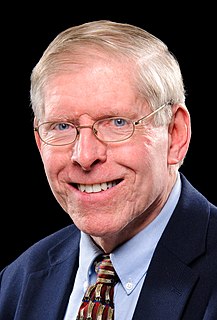A Quote by Linus Pauling
Although physicians, as part of their training, are taught that the dosage of a drug that is prescribed for the patient must be very carefully determined and controlled, they seem to have difficulty in remembering that the same principle applies to the vitamins.
Related Quotes
Part of my training was learning how to refer patients to cardiologists for heart problems, gastroenterologists for stomach issues, and rheumatologists for joint pain. Given that most physicians were trained this way, it's no wonder that the average Medicare patient has six doctors and is on five different medications.
First of all, in principle, I'm against physician-assisted suicide, and secondly, I believe it is the prerogative of the federal government to control drug rules. And the idea of using a controlled substance to end somebody's life is something I don't agree with. I can see the idea of using controlled substances to ease somebody's pain. That makes sense.
In [the soul] one part naturally rules, and the other is subject, and the virtue of the ruler we maintain to be different from that of the subject; the one being the virtue of the rational, and the other of the irrational part. Now, it is obvious that the same principle applies generally, and therefore almost all things rule and are ruled according to nature.
As is well known the principle of virtual velocities transforms all statics into a mathematical assignment, and by D'Alembert's principle for dynamics, the latter is again reduced to statics. Although it is is very much in order that in gradual training of science and in the instruction of the individual the easier precedes the more difficult, the simple precedes the more complicated, the special precedes the general, yet the min, once it has arrived at the higher standpoint, demands the reverse process whereby all statics appears only as a very special case of mechanics.
When a physician is called to a patient, he should decide on the diagnosis, then the prognosis, and then the treatment. ... Physicians must know the evolution of the disease, its duration and gravity in order to predict its course and outcome. Here statistics intervene to guide physicians, by teaching them the proportion of mortal cases, and if observation has also shown that the successful and unsuccessful cases can be recognized by certain signs, then the prognosis is more certain.





































